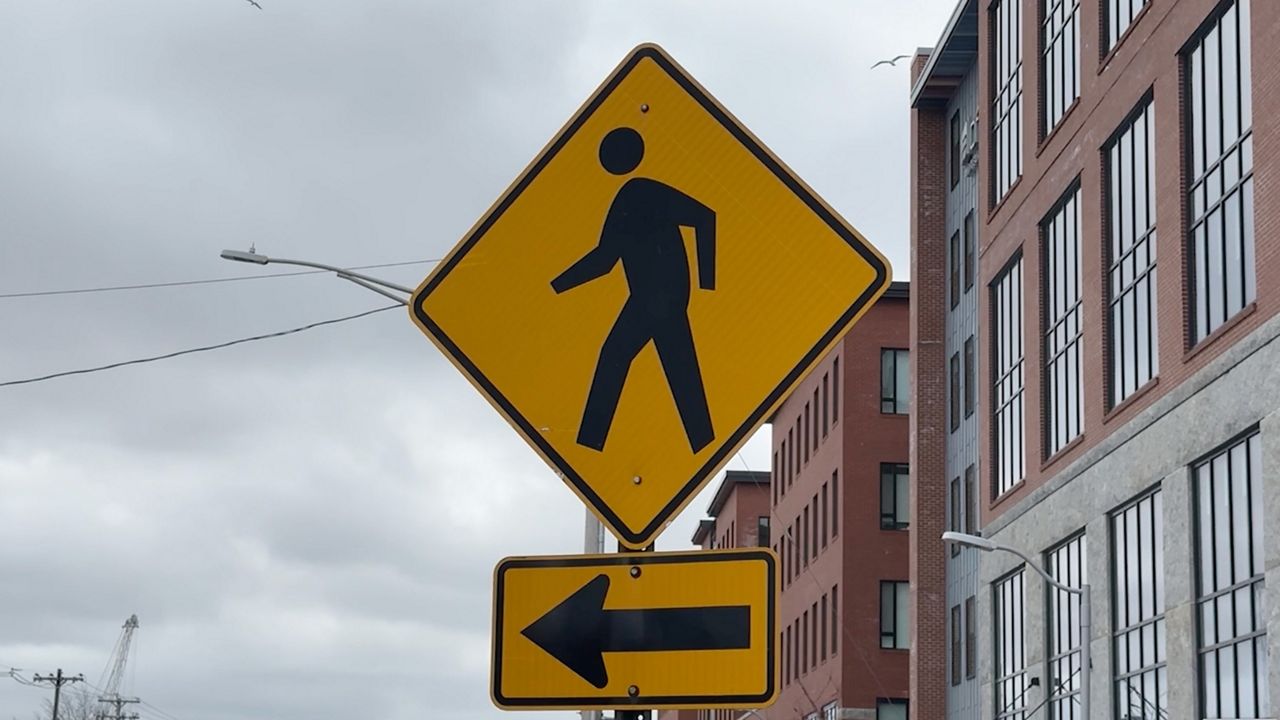The Portland City Council voted unanimously Monday night to adopt the Vision Zero plan to reduce pedestrian-related fatalities. Created by the Greater Portland Council of Governments, the plan is based on Vision Zero, a concept first developed in Sweden in the 1990s.
“We already know where the problems are,” Paul Drinan, founder of Vision Zero Maine, said. “Let’s get to work addressing quick-build cheap simple solutions to some of the city’s worst problems.”
The Greater Portland Council of Governments declined to be interviewed for this story, but the council’s data, dating back to 2003, shows no more than four fatal motor vehicle accidents in Portland involving pedestrians from the period of January through March.
This year, however, the data showed Portland has had six in that period alone. That includes one incident at the corner of Forest Avenue and Walton Street on March 2 at about 9:15 p.m. when, according to Portland Police, a 57-year-old man was struck twice in the street by two different drivers.
The council passed a resolution then to do more, including stepping up enforcement of speed limits, addressing lighting issues and starting a public awareness campaign.
According to the council of governments, the Vision Zero framework includes these and other improvements, such as changes in roadway design, that help control traffic and make city streets safer for pedestrians.
Since its creation, the framework reduced the number of pedestrian deaths on roadways in Sweden from 600 to less than 200 now. The framework’s success has prompted other countries, including the US, to consider implementing policies based on it.
Monday’s resolution calls for adopting Vision Zero and developing both short and long-term action the city can take to implement it. Drinan said the city can get started right away with smaller improvements, such as properly marking and creating more crosswalks. All that takes, he said, is paint and a few flexible poles.
“It’s really about street design, and these quick-build techniques are the cheapest and simplest solutions,” he said.
The city council is expected to outline the next steps in implementing the plan in June.











